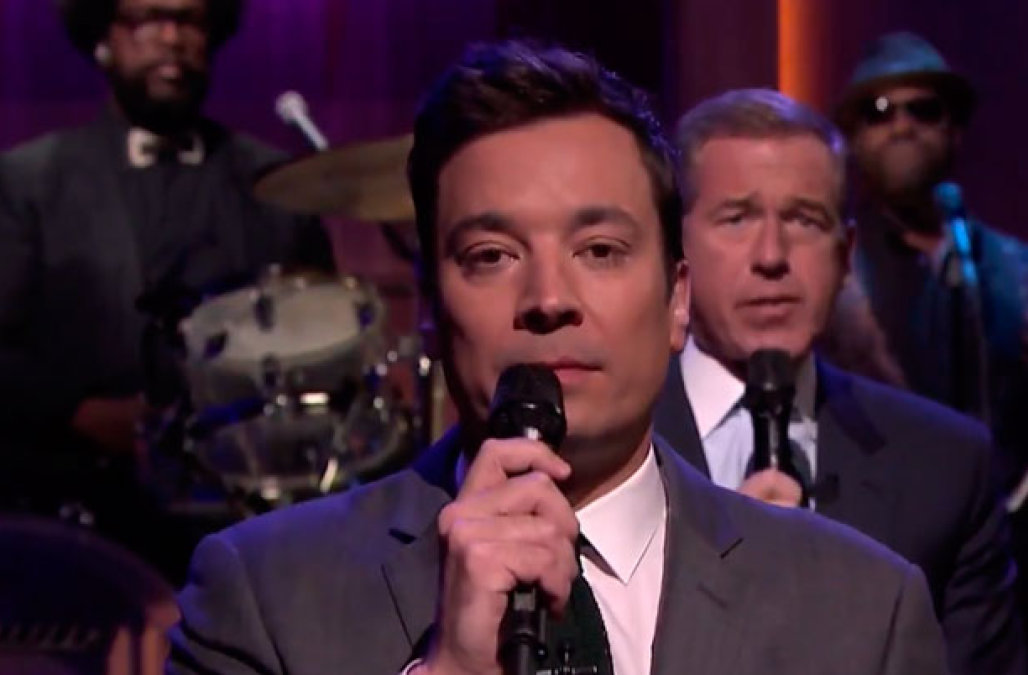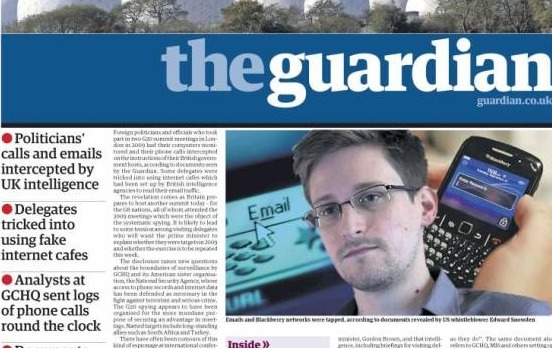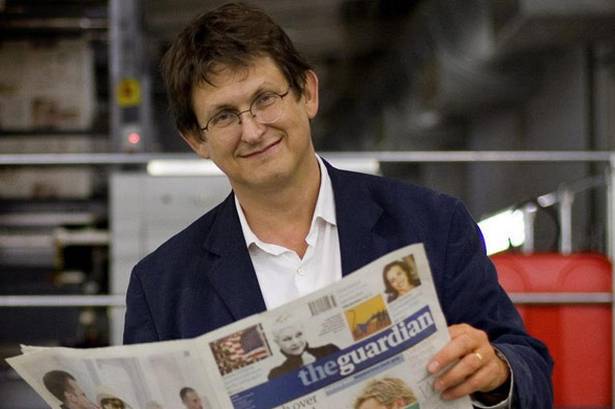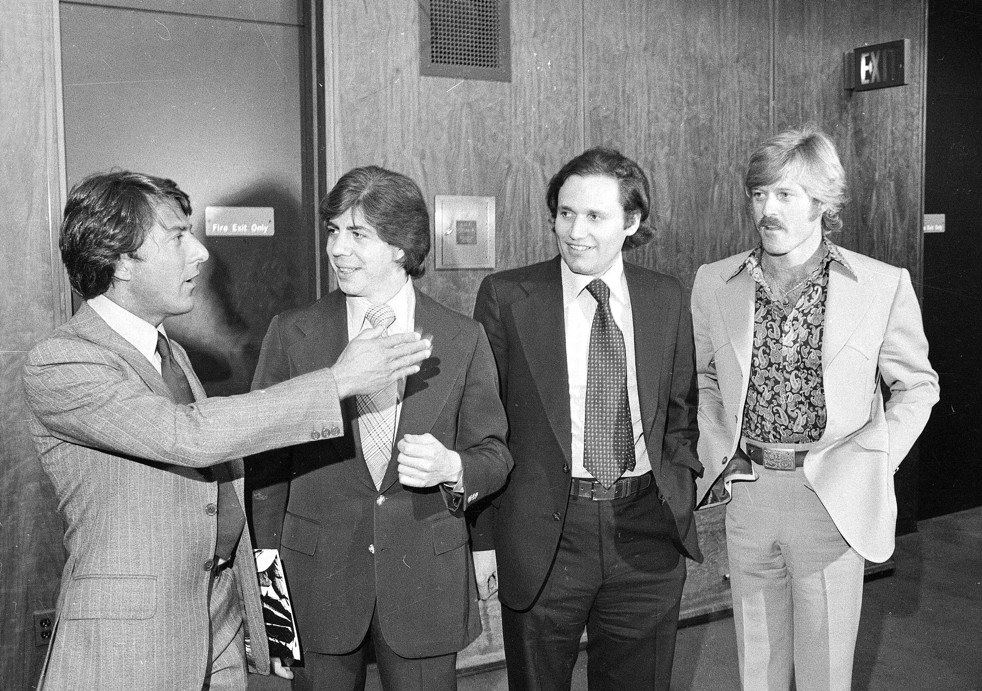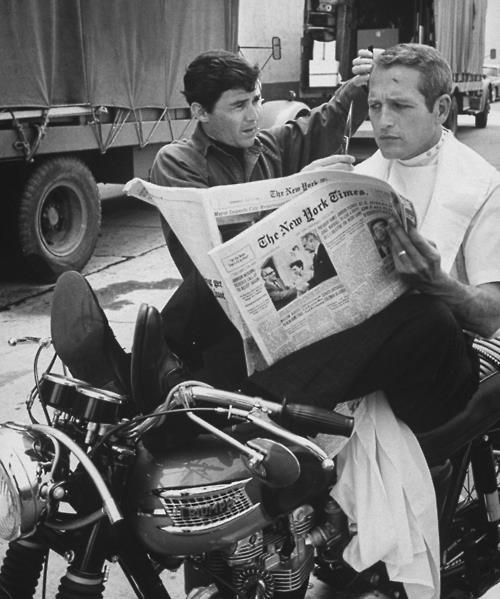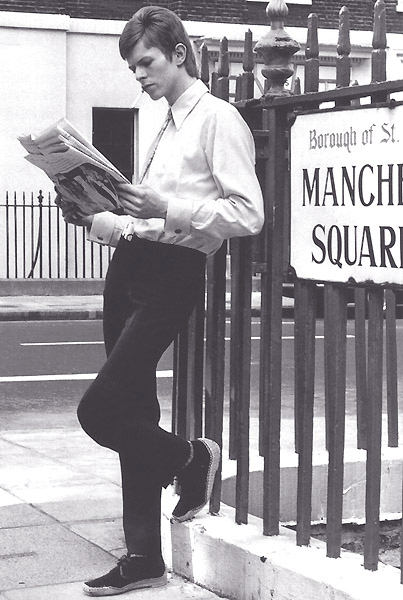In writing for the Hollywood Reporter about falafel fetishist Bill O’Reilly just before he was ousted from Fox News, Michael Wolff, a ghastly man, seems to long for a time when mediocre older white guys could be paid gobs of money from media outlets and treat people any which way they wanted to. Wonder why.
Wolff repeatedly refers to the numerous charges against O’Reilly with wariness (“no trial has occurred, no evidence has been released, no investigators’ conclusions shared”), seeming to forget that actual tapes of O’Reilly’s boorish behavior have been introduced into court. The transcripts are not family reading.
He writes: “It’s a particular sort of irony that Fox, which, to the delight of its audience, built itself on rejecting liberal assumptions, might now be brought down by such a signature liberal assumption: Where there are charges of sexual harassment, there is sexual harassment.”
The journalist also doesn’t mention that O’Reilly has long been an astoundingly hypocritical moral crusader, encouraging corporations to dump celebrities (always African-American ones) whom he deemed sexist. That was the context of Pepsi severing ties with rapper Ludacris in 2002.
When not questioning the accusers’ motives (“plaintiffs come out of the woodwork”), the writer mainly judges the situation on how the changing of the lard will effect the cable channel’s bottom line. It’s understood that THR is a trade publication about the business of show and that’s part of the story he must analyze, but he didn’t have to do so by divorcing basic morality from the situation and ignoring completely the effects of an abusive workplace on those employed there. He instead goes out of his way to be sympathetic to the figure who wielded the power. That was Wolff’s own awful decision.
An excerpt:
Your narrative is your fate. It doesn’t matter if O’Reilly or Ailes did or didn’t do the things they are accused of — no trial has occurred, no evidence has been released, no investigators’ conclusions shared — their real guilt is that people believe they could have.
Confusing matters, the Murdoch sons also see O’Reilly and Ailes as part of a bygone era — their father’s. Pay no attention that it was precisely this sensibility that has been such a powerful audience draw at Fox. (Of note, to the lasting outrage and confusion of liberals, Trump, despite the bygone era suggested by his Billy Bush “pussygate” tape, was elected anyway.) The Murdoch sons, while in important ways financially supported by the profitable, culturally backward views at Fox, see their job as taking the company into a new era.
The sons’ plan was to make Fox the network of Megyn Kelly rather than of Ailes and O’Reilly. That plan foundered on widespread resentment at the network toward Kelly for her part in Ailes’ ouster and on the election of Trump. Suddenly, Fox’s “when America was great and men were men” appeal was even stronger.
One solution has been Tucker Carlson, a conservative but less of a dour, bygone-era one, who has scored significant ratings at 9 p.m. But an important aspect of those ratings is that he is firmly sandwiched between O’Reilly and Sean Hannity. Both retro men are, even beyond their huge salaries (nearly $20 million a year for O’Reilly; $14 million for Hannity), vastly rich — O’Reilly, 67, from books; Hannity, 55, from radio and real estate — with dedicated audiences who’d likely follow them wherever. The worry at Fox is that they need Fox less than Fox needs them, and they might soon leave too.
The liberal hope is that media pressure will continue to force advertisers to reject O’Reilly (no matter that liberals have frequently been aghast when conservatives have urged advertiser boycotts of liberal media). But, in fact, so far advertisers have merely moved to other Fox shows, which depend on the O’Reilly spillover audience. If O’Reilly, who is on a pre-planned vacation, returns April 24 and the ratings remain strong, those advertisers likely will be back on his show.
Murdoch Senior has remained largely remote from this dispute, but he reportedly has been paying attention again. He is said to be worried that his sons are moving toward a radical break — “re-imagining Fox,” is what James is said to call it — and hastening the end of an era that, in television terms, so far has been more popular and unyielding than any cozier new one.•






